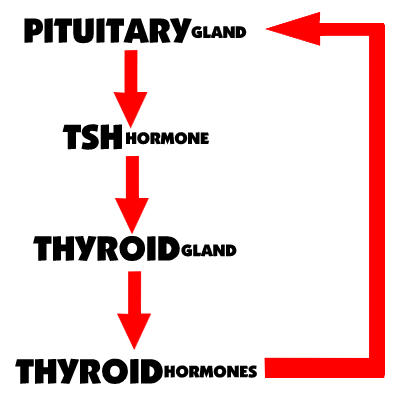
The following post on Endometriosis was originally published in November 2010. We had a very positive response to the content and thought it was worth repeating:
————————
Endometriosis gets its name from endometrium, the lining of the womb. when a woman menstruates, her body is getting rid of the lining of the uterus. If you have a condition called endometriosis, this lining tissue grows outside of your uterus and can be deposited on your ovaries, bladder, or bowel. Also, it can grow to develop into cysts that are filled with old blood and can be found in the ovaries or around the pelvic cavity. These blood-filled cysts are called endometriomas. The endometriosis tissue found in and around your pelvis behaves differently than the normal endometrium found in your uterus. Endometriosis tissue can shed and bleed during a woman’s period, which can cause irritation of her pelvic organs. also, endometriosis can cause adhesions (scar tissue) that can form on the reproductive organs.
Sometimes, endometriosis exhibits no symptoms. However, many women who have endometriosis experience painful periods and/or pain during sex. Uncommonly, endometriosis can attach to and damage surrounding organs like the bowel, bladder, and ureter (the tube that goes from the kidney to the bladder), which can cause pain with bowel movements and/or urination. If an office ultrasound demonstrates no potential cause of pelvic pain, your doctor can determine if endometriosis is present by performing a minimally invasive surgical procedure called laparoscopy. The physician will look inside the pelvic cavity (belly) with a laparoscope (telescope attached to a camera), which is inserted through small incisions.
So, does endometriosis cause infertility? If you have endometriosis, it may be more difficult for you to become pregnant. Doctors are not entirely sure why this is. At the time of surgery, your doctor may evaluate the amount, location, and depth of endometriosis and give you a “score”. This score determines whether your endometriosis is considered minimal, mild, moderate, or severe. The presence of scar tissue will worsen this score.
Women with moderate or severe endometriosis can have pelvic adhesions (scar tissue) or endometriomas. Doctors are certain that adhesions that block the fallopian tubes will prevent an egg from traveling normally from the ovary to the uterus. This makes it difficult for the egg and sperm to meet. Minimal or mild endometriosis may only cause minimal amounts of adhesions, but becoming pregnant may still be difficult.
It is only through laparoscopy that your doctor can definitively diagnose endometriosis. If endometriosis is seen at the time of surgery, your doctor will surgically burn or laser the endometriosis and cut or remove the scar tissue. this treatment will allow your reproductive organs to function more normally. your chances of becoming pregnant are improved after surgical treatment, especially if your endometriosis is in the moderate or severe range.
Endometriosis needs the female hormone estrogen to develop and grow. Birth control pills and other drugs that lower or block estrogen can help symptoms, such as pelvic pain, painful periods, and pain during sex. For patients who want to become pregnant, medical therapy with birth control pills or medications that cause a short-term, menopausal state may be considered prior to attempts at conception. Medical therapy may help decrease the pain associated with endometriosis but the treatment itself usually does not improve pregnancy rates.
The physicians at Reproductive Resource Center recommend an infertility evaluation (even prior to one year of infertility) for patients over the age of 35, and for those with irregular menstrual periods, tubal ligation or vasectomy, endometriosis or recurrent pregnancy loss.
*Information appears courtesy of The American Society of Reproductive Medicine and The Society of Reproductive Surgeons, 2008.
*Image courtesy of ilovebutter / creative commons
Tagged as: adhesions, endometriomas, endometriosis, endometrium, estrogen, infertility, irregular menstrual periods, laparoscopy, painful periods, reproductive resource center